Speakers
Opening session
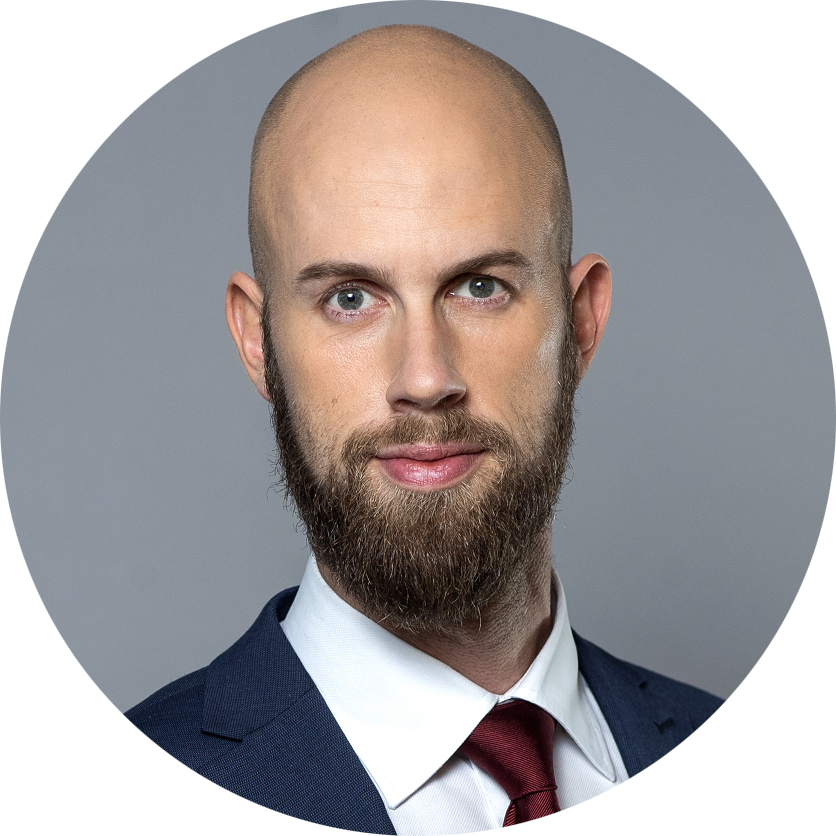
Carl-Oskar Bohlin
Carl-Oskar Bohlin has served as Sweden’s inaugural Minister for Civil Defence since 2022, leading national emergency-preparedness, civil-protection and total-defence coordination within the Ministry of Defence. A member of the Swedish Parliament (Riksdag) since 2010, the 39-year-old Moderate-Party politician holds a law degree from Uppsala University.
In this role he oversees the Swedish Civil Contingencies Agency (MSB), spearheads Sweden’s integration into NATO resilience planning, and manages the country’s commitments to the EU’s rapid-response pool. Bohlin is a frequent keynote speaker at Nordic, EU and trans-Atlantic fora, emphasising that “a strong civil defence is required for the defence of Sweden and our Allies,” and advocating whole-of-society readiness to safeguard essential services in an era of hybrid threats and high-end conflict.
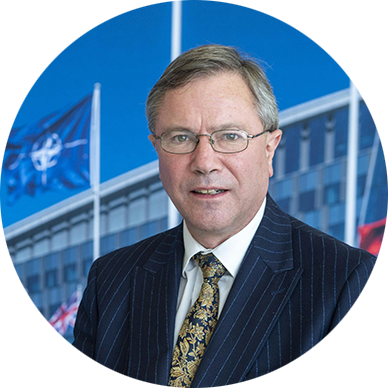
Dr. Bryan Wells
Dr. Bryan Wells is former Chief Scientist of NATO, a position he has held since 2019 to 2025. At the time of our symposium, he will be presenting in the opening ceremony as the former NATO Chief Scientist. Throughout his tenure, Dr. Wells has been instrumental in advancing NATO’s scientific and technological capabilities, chairing the NATO Science and Technology Board and providing critical advice to NATO leadership. His presentation promises to offer unique insights from his distinguished career at the forefront of scientific strategy and defense innovation.
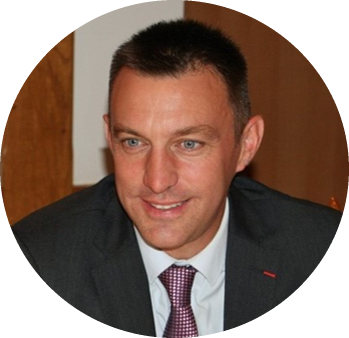
Col. Gaëtan Boireau
Initially graduated from the French Military Academy of Saint-Cyr and after having served first as a gunner, Colonel Gaëtan Boireau joined the Army’s Chemical, Radiological, Biological and Nuclear (CBRN) defense field in 2003. Later, after completed War college training, he commanded the French CBRN reference unit, the 2nd Dragoons Regiment (1000 soldiers). Through his successive assignments, he has been involved in all matters related to CBRN, from operational detection to counterproliferation operations, from the development of tactical procedures to strategical, homeland and international affairs and now mostly involved in the CBRN capability development.
Keynotes
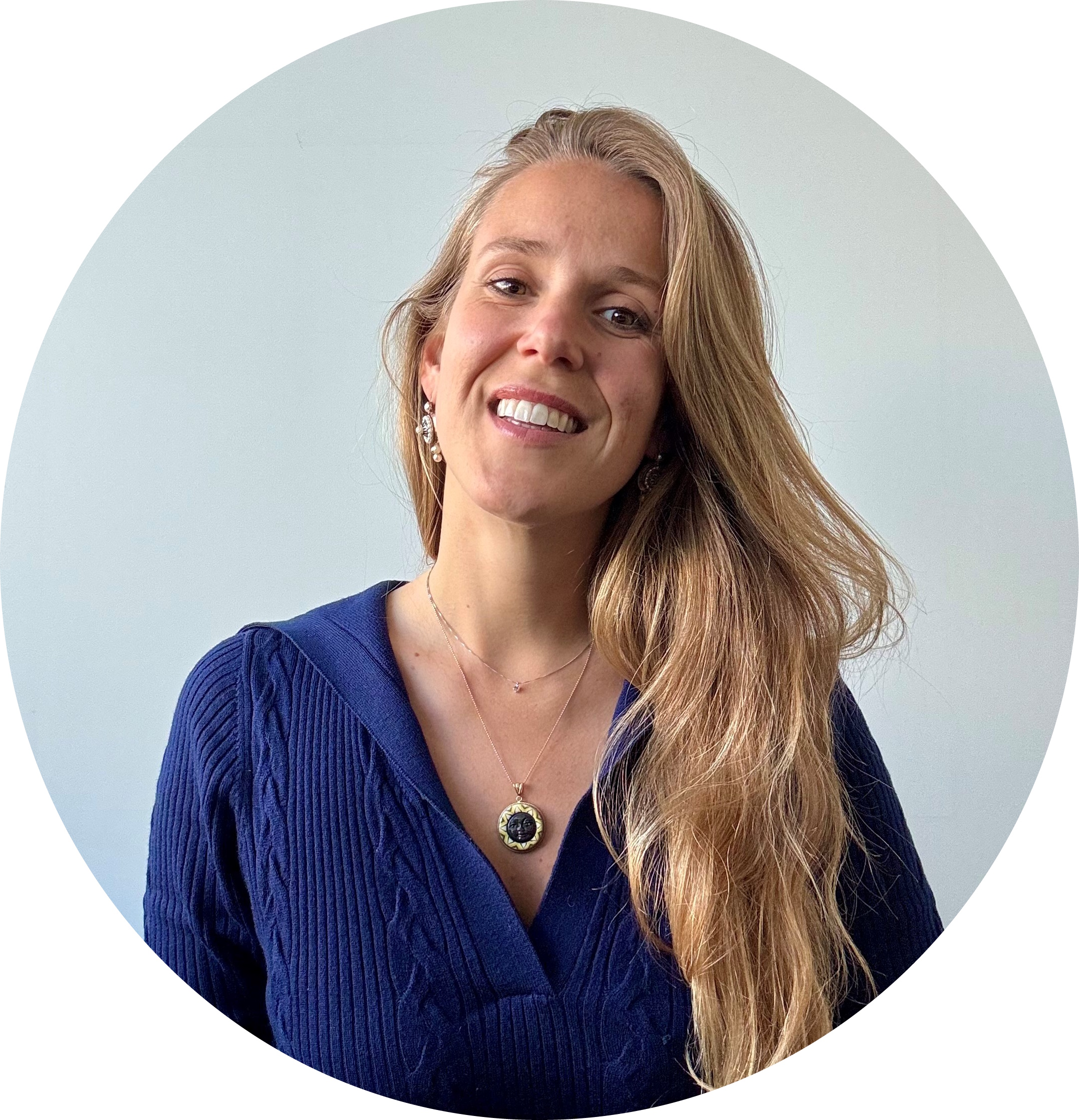
Ida Cosentino
Ida Cosentino is a program Manager with a passion for working towards creating Unity through Diversity. She has over 6 years of experience in the development of the rescEU CBRN/medical capabilities and strategic stockpiles. Prior to joining the world of the European Civil Protection she was working in the field of humanitarian aid at the World Food Program, focusing on fundraising and strengthening partnerships with the Scandinavian countries. She defines herself as a citizen of the world, however she has deep rotes into the Italian and Swedish culture. She is fluent in English, Swedish, Italian and Spanish.
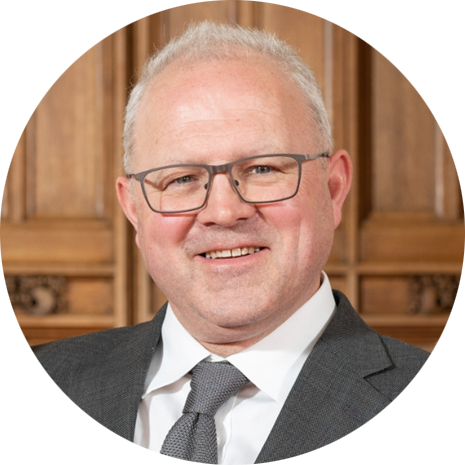
Dr. Christopher Timperley
Dr. Chris Timperley is a Fellow for Chemistry at the Defence Science and Technology Laboratory (Dstl), Porton Down, UK. He is a synthetic organic chemist dedicated to research to solve problems in chemical defence to support the goal of the Organisation for the Prohibition of Chemical Weapons (OPCW) to realise a peaceful world free of chemical weapons. He is a Fellow of the Royal Society of Chemistry and a member of the Chemical Forensics International Technical Working Group. He chaired the OPCW Scientific Advisory Board from 2015 to 2018, and worked in four OPCW Temporary Working Groups, on: Verification; Education and Outreach; the Convergence of Chemistry and Biology; and Investigative Science and Technology. He has authored over 100 peer-reviewed papers and a book on organophosphorus chemistry. Her Majesty Queen Elizabeth II appointed him to the Order of the British Empire (OBE) in 2021 for his services to defence and security.
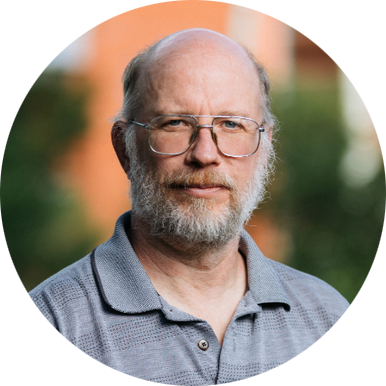
Dr. David Wishart
Dr. David Wishart is a Distinguished University Professor in the Departments of Biological Sciences and Computing Science at the University of Alberta and Co-Director of The Metabolomics Innovation Centre (TMIC), Canada’s national metabolomics laboratory. As a founding pioneer of metabolomics, he published one of the first metabolomics papers in 1999 and launched the Human Metabolome Project in 2005. His groundbreaking work in artificial intelligence and machine learning has revolutionized omics data analysis, leading to the development of advanced computational tools for predicting protein structures and analyzing metabolic processes. His laboratory has created multiple AI-driven platforms for biomarker discovery and clinical diagnostics, while his innovative databases including the Human Metabolome Database (HMDB), DrugBank, and T3DB have become essential resources in precision medicine and metabolomics research.
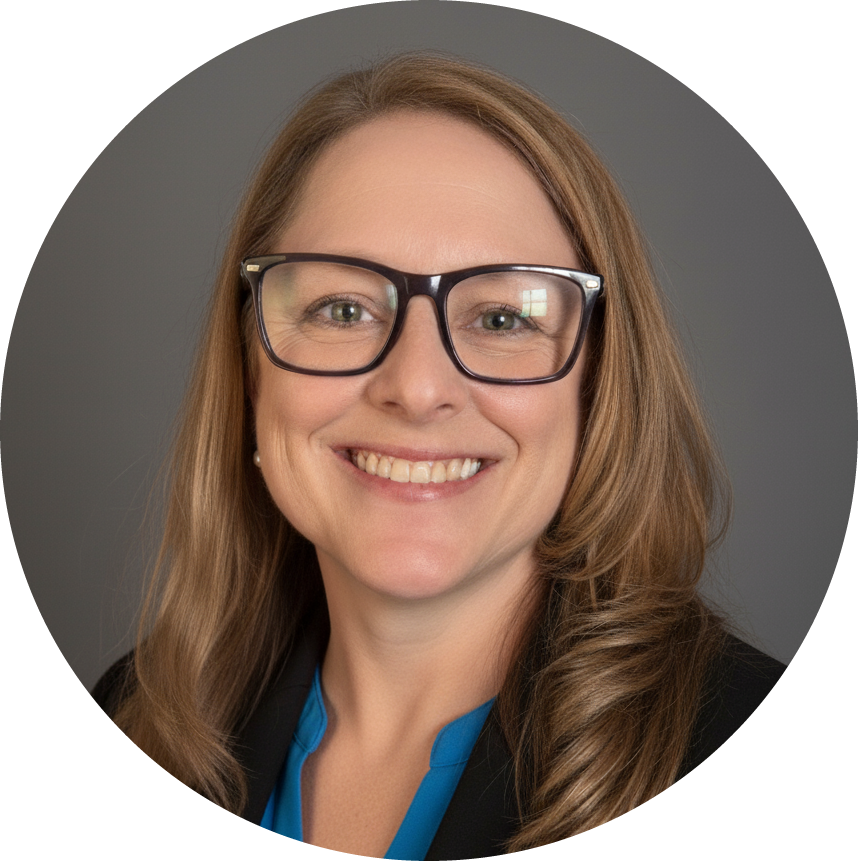
Dr. Christina Baxter
Dr. Christina Baxter is the CEO of Emergency Response TIPS, LLC, providing evidence-based solutions for emergency response. With over 25 years of experience, she develops tools for situational awareness, responder safety, and instructional materials in CBRNE and hazardous materials. Previously, Dr. Baxter was the CBRNE Program Manager at the Department of Defense’s Combating Terrorism Technical Support Office. She holds a Ph.D. in Analytical Chemistry and chairs the NFPA Technical Committee on Chemical Protective Clothing.
Featured speakers
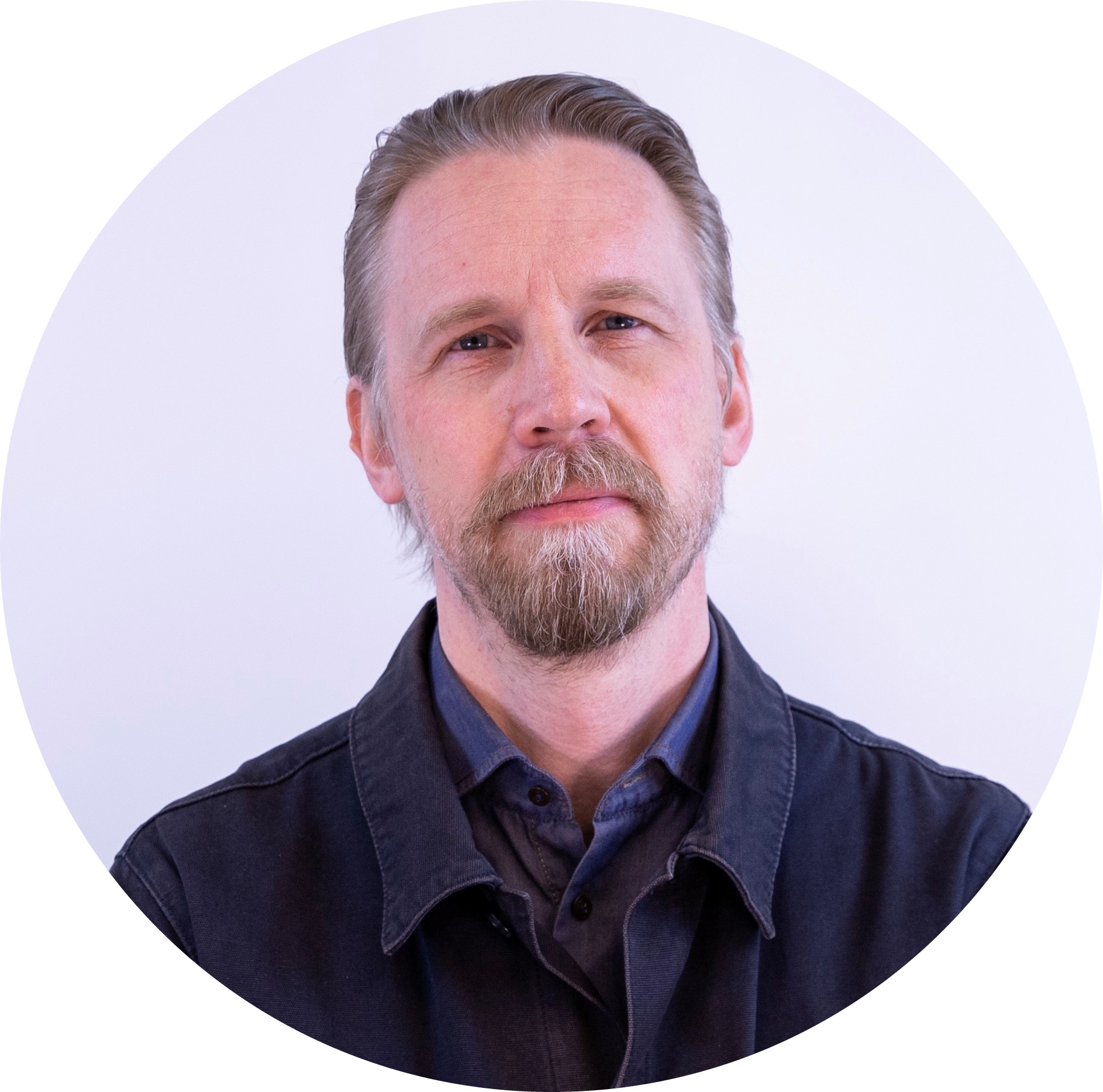
Dr. Karl Sörenson
Dr. Karl Sörenson is the Deputy Research Director of the Strategy and Policy Department at the Swedish Defence Research Agency (FOI), where he leads the nuclear weapons analysis program. He earned his Ph.D. from the Royal Institute of Technology (KTH), focusing his doctoral research on game-theoretic applications to strategic deterrence. Dr. Sörenson continues to explore critical defense strategies, with a research focus spanning deterrence theory, strategic early warning systems, and naval strategic operations.
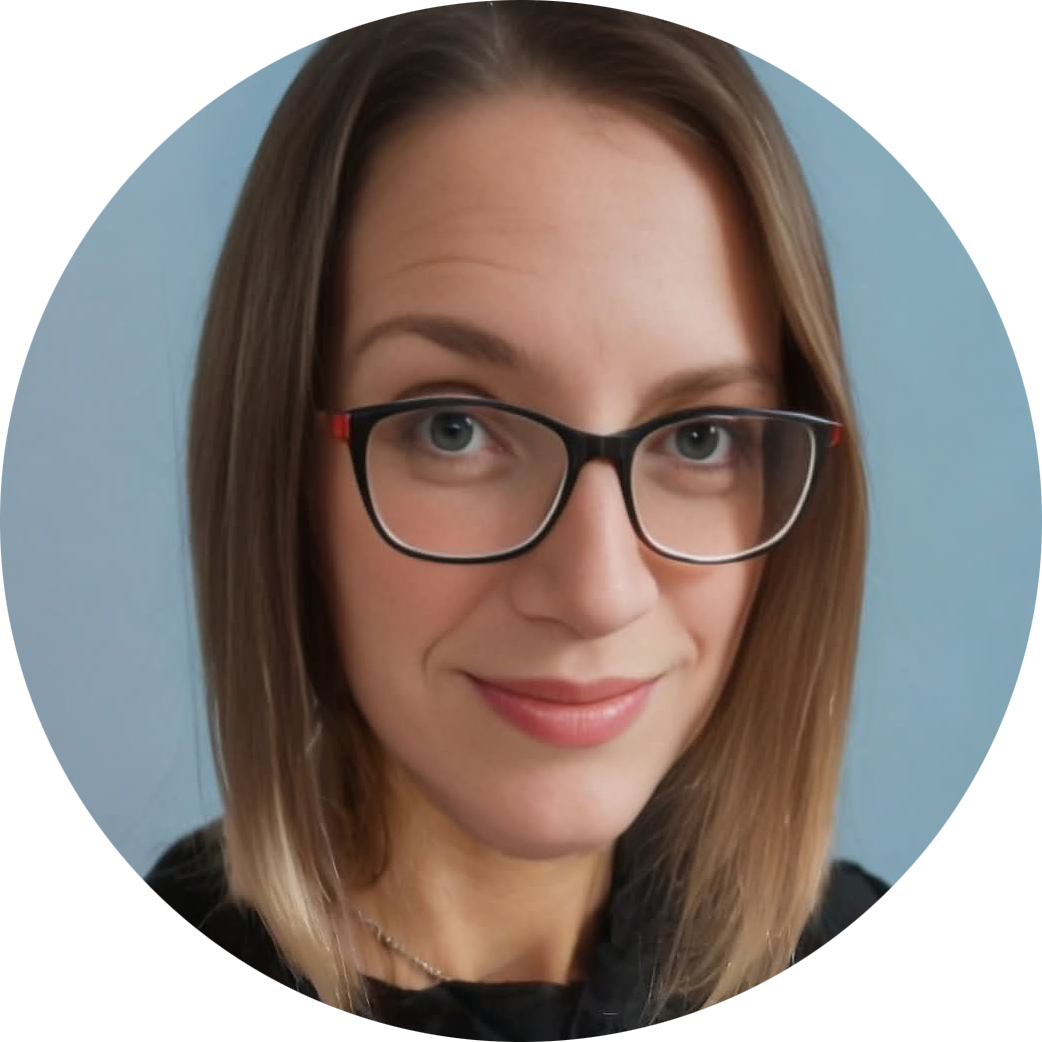
Dr. Sarah Clapham
Sarah Clapham joined the Organisation for the Prohibition of Chemical Weapons in 2022 as the Science Policy Officer. In her role, she monitors developments in science and technology to understand their impact on the Chemical Weapons Convention and works closely with the OPCW Scientific Advisory Board and its temporary working groups. An advocate of science literacy, Dr Clapham is also responsible for organising and delivering the OPCW’s interactive “Science for Diplomats” events. Prior to her role at the OPCW, Dr Clapham worked at Dstl Porton Down for 15 years and has significant knowledge of arms control, verification, and chemical weapons destruction, both in the UK and internationally.
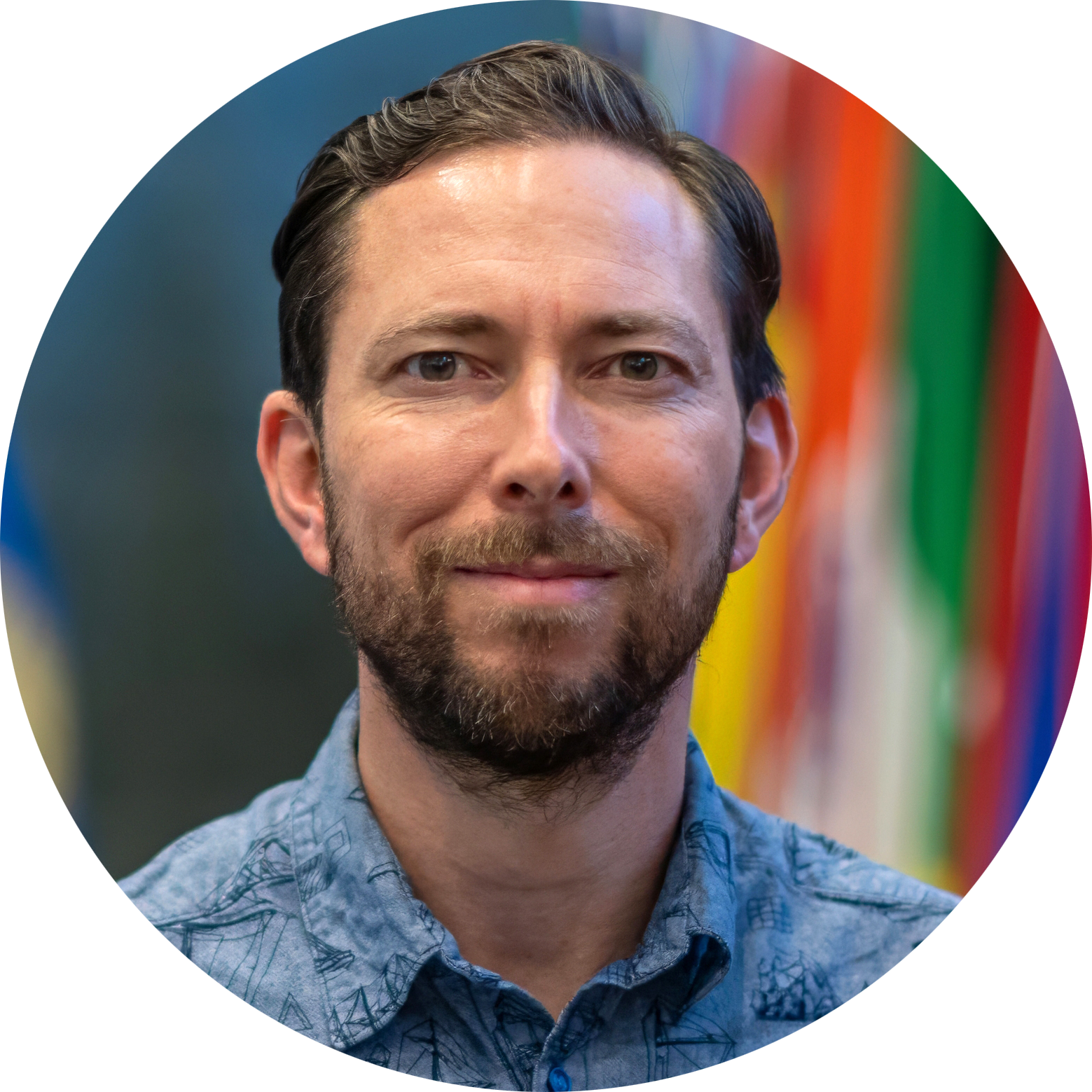
Dr. Peter Hotchkiss
Peter Hotchkiss, Ph.D. is the Science Policy Adviser within the Office of Strategy and Policy at the Organisation for the Prohibition of Chemical Weapons, or the OPCW. Here he serves as the science adviser to the Director-General and the Secretary to the Organisation’s Scientific Advisory Board. In these roles he helps the OPCW monitor scientific and technological developments and the impact they may have on the Chemical Weapons Convention and the work of the Organisation. Peter earned Bachelors’ degrees in chemistry and linguistics from the University of Massachusetts – Amherst, and a Ph.D. in organic materials chemistry from the Georgia Institute of Technology.
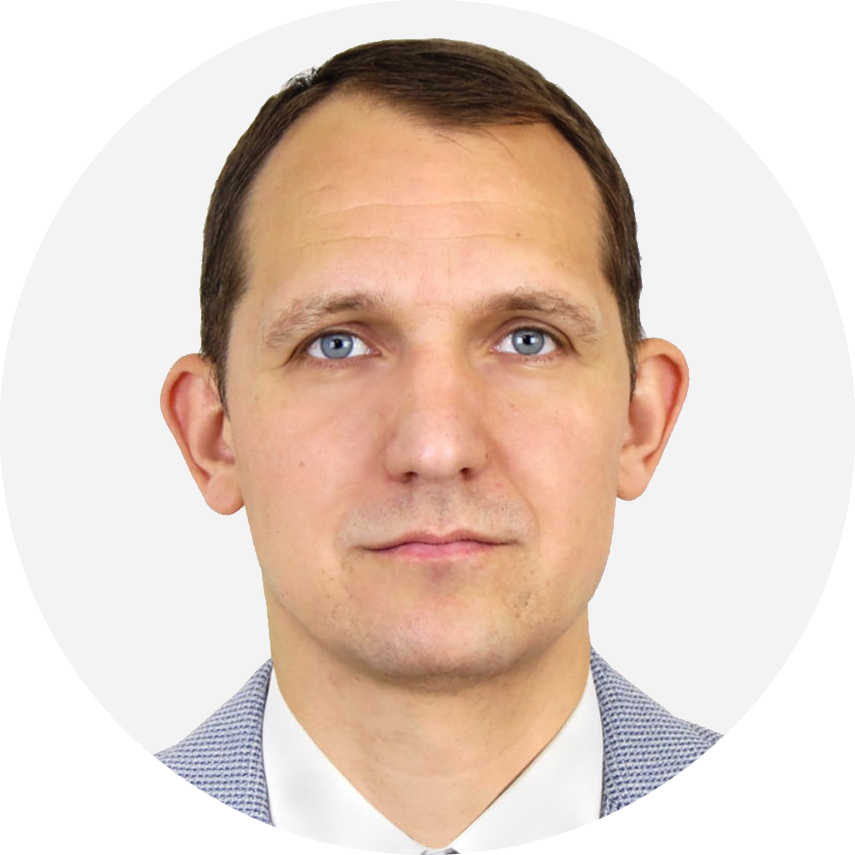
Col. Dr. Maksym Kustov
Prof. Maksym Kustov, Head of the CBRN and Threat Analysis Research Laboratory, National University of Civil Protection of Ukraine. From 2010 to 2021, he was involved in the organization and training of command personnel for CBRN teams. Currently, he serves as the scientific supervisor of several scientific programs and international grants, as well as Ph.D. students. His main scientific interests include the liquidation of major CBRN accidents, crisis management, and training of rescuers.
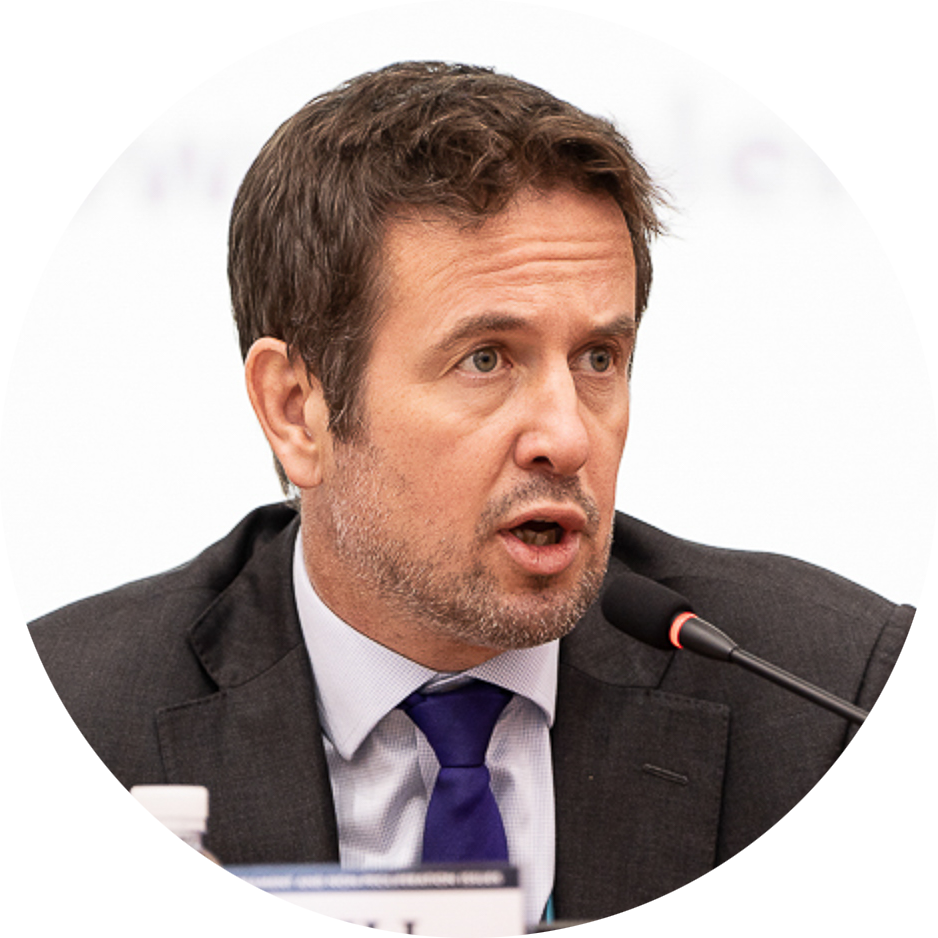
Dr. James Revill
James Revill is the Head of the WMD and Space Security Programmes at UNIDIR. His research interests focus on the evolution of regimes dealing with weapons of mass destruction, and he has published widely on this topic. He was previously a Research Fellow with the Harvard Sussex Programme at SPRU, University of Sussex, and completed research fellowships with the Landau Network Volta Centre in Italy and the Bradford Disarmament Research Centre in the UK. He holds a PhD focused on the evolution of the Biological Weapons Convention from the University of Bradford, UK.

David Stothard
David Stothard leads the stand-off detection activity at the Fraunhofer Centre for Applied Photonics, Glasgow, UK. The group is unique in that it adopts a truly ‘agnostic’ approach to problem solving: solutions are developed to meet the scientific and deployment needs of a particular problem or product based solely upon their scientific and economic benefits (as opposed to a product line or long-standing research theme). As such, we have developed demonstrators based upon absorption, Raman, fluorescence and LIBS spectroscopy; we operate from the hard-UV through to the deep-infrared; over timescales from ps to continuous-wave. We have enjoyed projects with a host of partners, from SMEs to large multinationals, and extensively with the public sector. Fraunhofer CAP is a not-for-profit research and technology organisation (RTO) which exists solely for the benefit of the UK economy and its citizens.
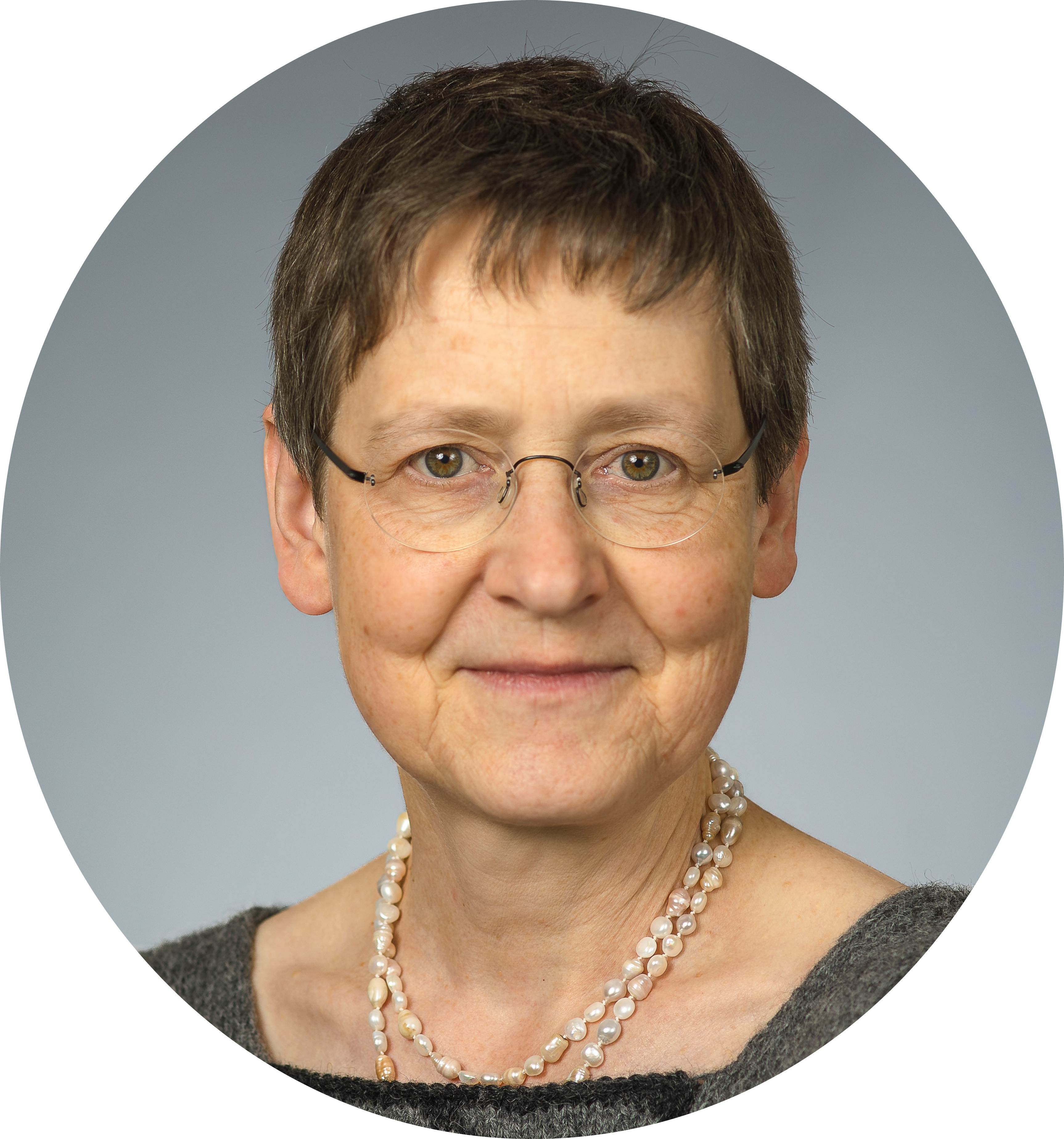
Dr. Svenja Stöven
Dr. Svenja Stöven is Project Coordinator at the European CBRNE Center at Umeå University, Sweden, a position she has held since 2011. With a PhD in Biology from Freie Universität Berlin (1994) and Associate Professorship in Molecular Biology (2007), she transitioned from research in innate immunity and host-pathogen interactions to coordinating major European research projects in civil security and CBRNE preparedness.
Dr. Stöven has coordinated or co-coordinated several significant projects, including the PRACTICE project and the recent Outdoor Against Cancer Connects Us initiative. She has also served as work package leader in Joint Action TERROR and MELODY projects, contributing to harmonized CBRN training standards for first responders. Her expertise spans multiple EU funding schemes and has significantly advanced CBRN preparedness capabilities across Europe.
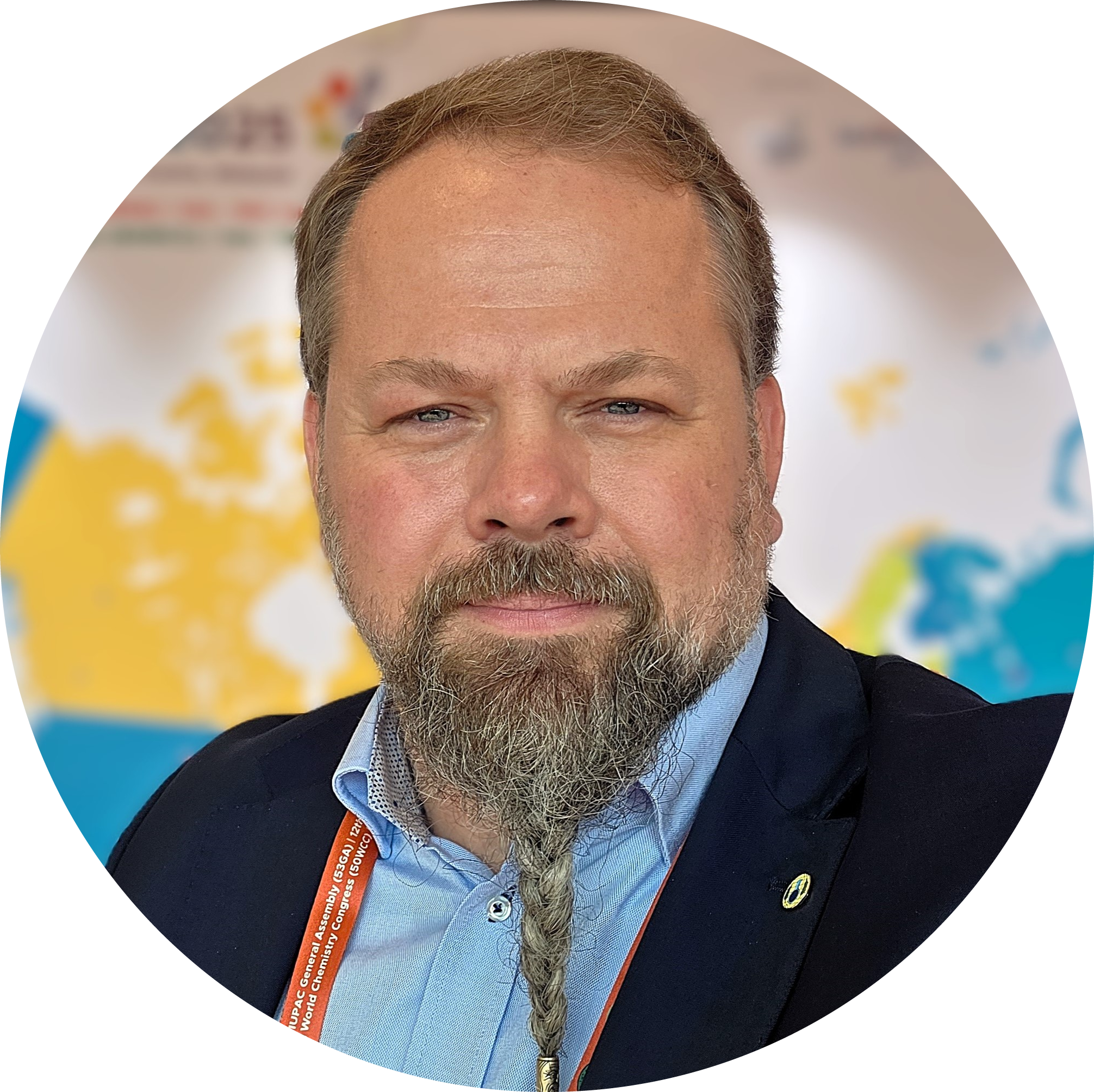
Dr. Jakub Michal Milczarek
Jakub Milczarek, Ph.D. joined the Organisation for the Prohibition of Chemical Weapons (OPCW) in 2019 as an Inspector Analytical Chemist and currently serves as a Senior Analytical Chemist at the OPCW Laboratory. He is managing the OPCW Central Analytical Database, coordinating the Validation Group, training inspectors, and maintaining the OPCW Dual Mode Software used in Sampling & Analysis missions. He earned an M.Sc. in Analytical Chemistry and a B.Sc. in Physics with Computers, followed by a Ph.D. in Forensic Chemistry from Jagiellonian University. His scientific interests include data analysis, mass spectrometry, pyrolysis-GC-MS, forensic chemistry, and application of IT solutions in chemistry.
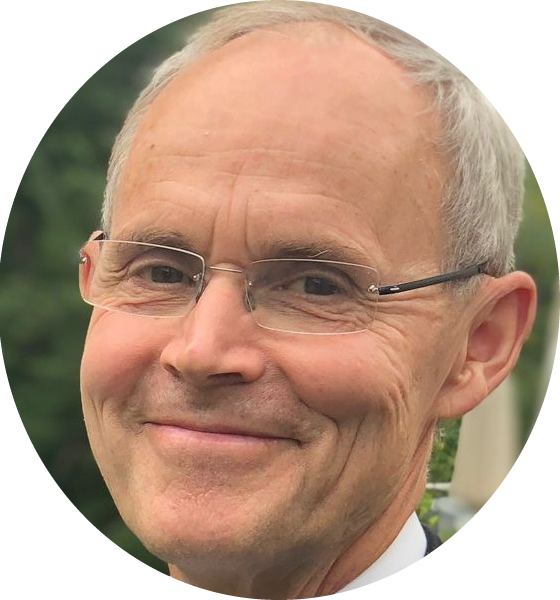
Dr. Arne Broch Brantsæter
Dr. Arne Broch Brantsæter is a specialist in infectious diseases and internal medicine with extensive experience in clinical management and response to biological incidents. He serves as Senior Consultant at both the Norwegian National Unit for CBRNE Medicine and the Department of Infectious Diseases at Oslo University Hospital.
His career includes work with the Norwegian Institute of Public Health, WHO missions during SARS and COVID-19, and field deployment with Médecins Sans Frontières during the Ebola outbreak in Guinea. He has been involved in European Joint Actions on high-consequence infectious diseases and bioterrorism preparedness. He leads the Norwegian National Response Team for High Consequence Infectious Diseases. He has delivered training for the rescEU Capacity for Transport of Patients with High Consequence Infectious Diseases, CBRNE and Burn Injuries.
Dr. Brantsæter is a former President of the Norwegian Society for Infectious Diseases and a member of the Norwegian Advisory Committee on Infection Control Preparedness. He is a frequent lecturer and an author of numerous scientific publications.
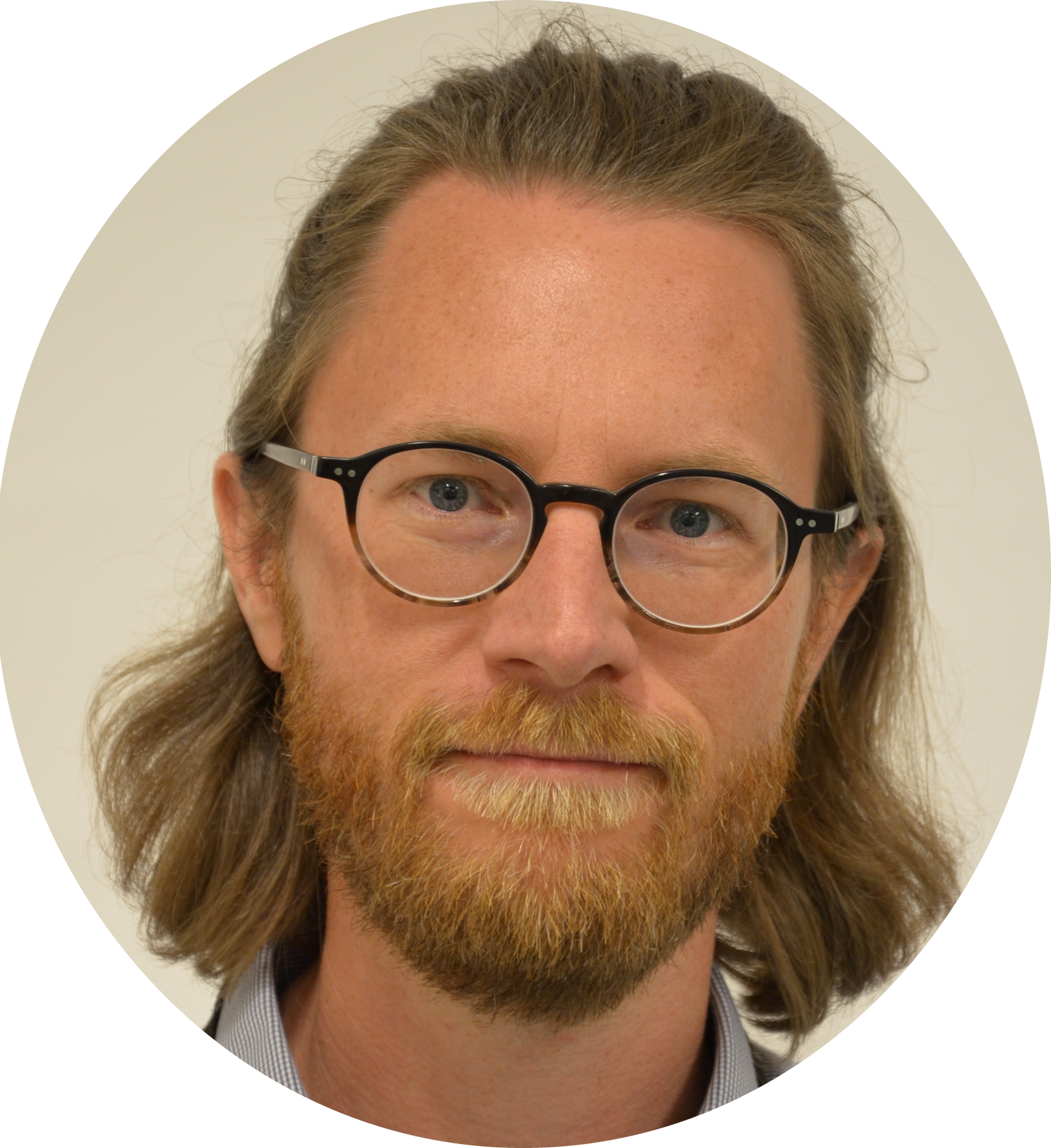
Dr. Daniel Tobjörk
Daniel Tobjörk is a researcher at the CBRN Defence and Security division of the Swedish Defense Research Agency (FOI) in Umeå. He has a background in advanced materials research with a Ph.D. in physics from Åbo Akademi in Finland. Prior to joining FOI, he worked at Cambridge Display Technology in the United Kingdom, where he focused on the development of flexible and printed electronic systems within the field of plastic electronics. His current research is focused on physical protection against hazardous substances.
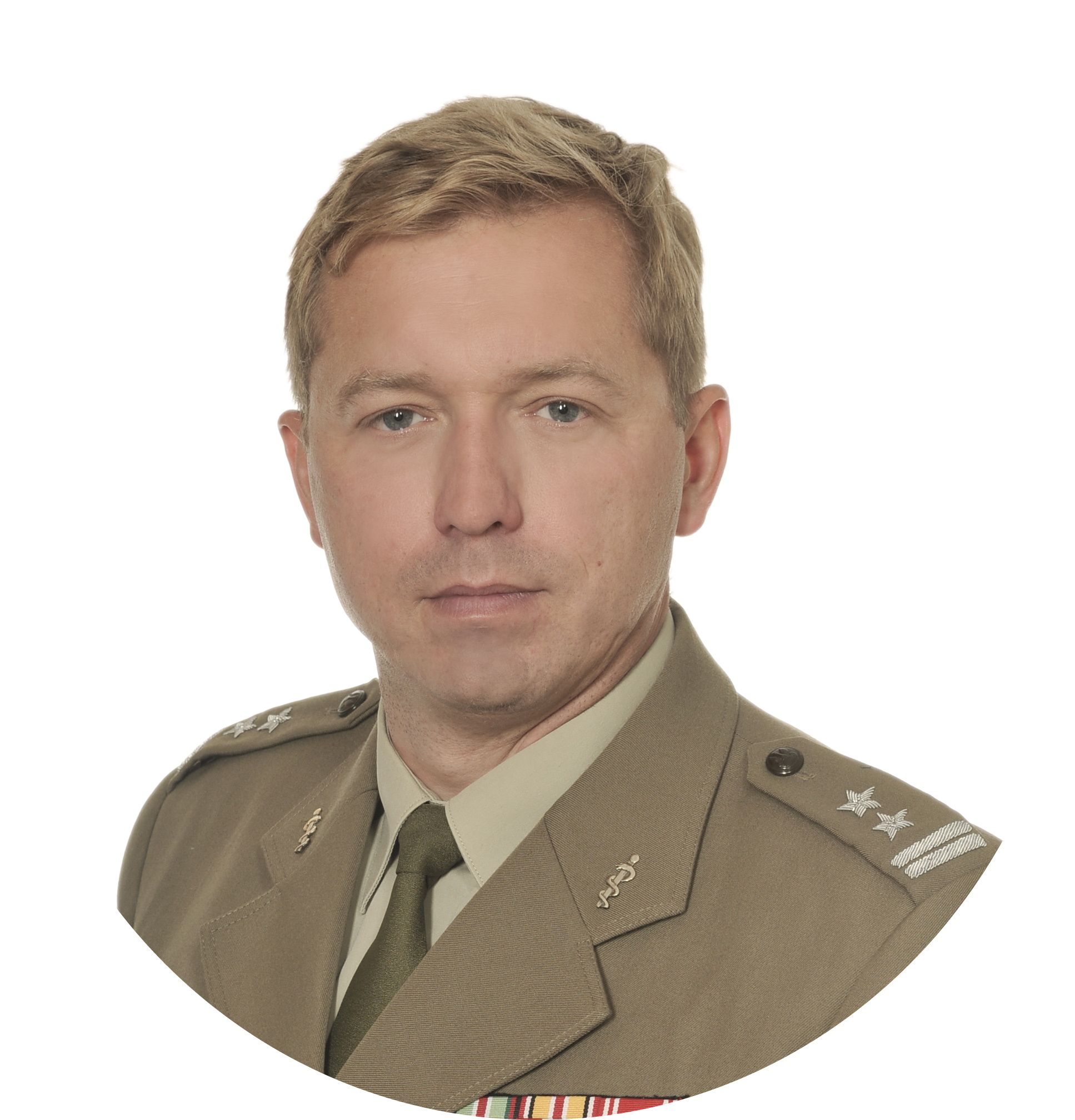
Lt. Col. Łukasz Krzowski
Lt. Col. Łukasz Krzowski is a microbiologist and biodefense expert with extensive experience in biosafety, biosecurity, and prevention of biological threats. He holds multiple degrees in life sciences and is completing a PhD focused on pathogen sequencing. As a Senior Specialist at the Biodefense Laboratory, Biomedical Engineering Centre, Military University of Technology, he represents Poland in NATO’s BioDefMed Expert Panel. He contributes to international initiatives, including the UN and the WHO. His professional interests include molecular biology, microbiology, epidemiology, and bioinformatics.
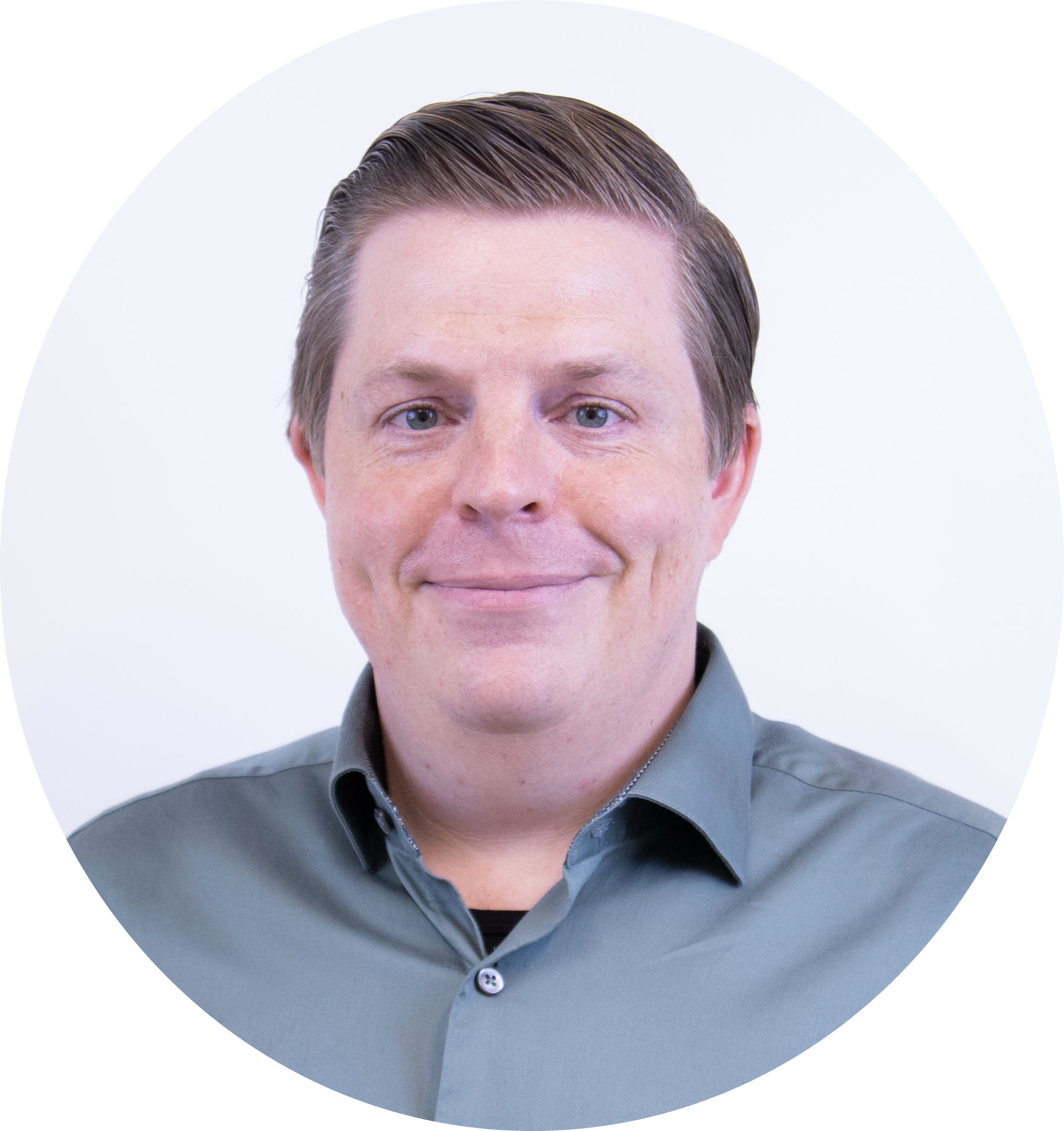
Dr. Thomas Fransson
Dr. Thomas Fransson is a researcher at the Division of Nuclear Weapon Threats at the Swedish Defence Research Agency (FOI) in Stockholm. He obtained his PhD from Linköping University, focusing his research on the development and application of computational models for investigating the interactions between matter and X-ray radiation. His current research interests include areas such as nuclear weapons effects, mass casualties, civilian vulnerabilities and readiness, and more.

Lina Stahl
Lina Stahl works for the German Federal Office of Civil Protection and Disaster Assistance. She is part of the international affairs division, concentrating on project work in Ukraine. Previously, she has been working for the International Military Staff at NATO, focusing on crisis management and policy work in training and exercise planning and evaluation.
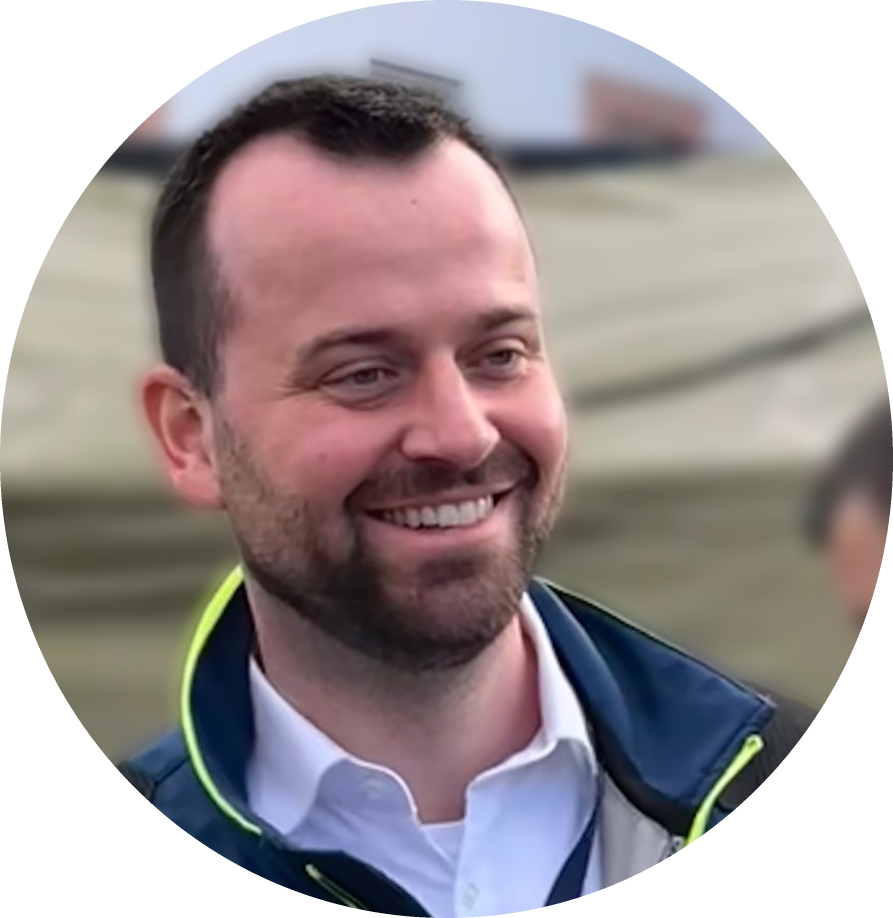
Felix Hecker
Felix Hecker works at the German Federal Academy for Civil Protection and Civil Defence. As part of the Ukraine project, he plans and conducts action-oriented training for Ukrainian civil defence forces on the topic of threats posed by CBRN. Prior to that, he worked on the conception of competence-oriented training in the medical service of the German armed forces.
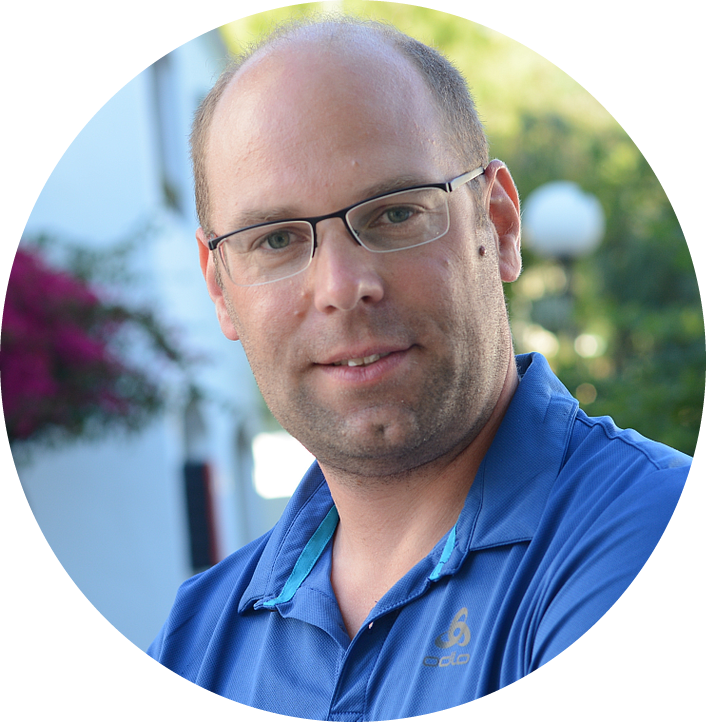
Dr. Markus Antwerpen
Dr. Markus Antwerpen is a senior expert of the Bundeswehr Institut of Microbiology working in the field of Medical Biodefense, Reconnaissance and Detection.
After passing his doctorate in medical microbiology, he enlisted in the Bundeswehr as a soldier in 2007 and headed the Bundeswehr’s expert laboratory for anthrax. In the subsequent years, he set-up the group “Microbial Genomics and Bioforensics” in addition to supporting the institute’s “Med-B Task Force” with his expertise in the field.
Currently, he is the head of the department “Medical Bio-Reconnaissance and Bioforensics”, which encompass the accredited analytical labs of the institute, as well as the mobile lab and the institutes’ bioinformatics core unit.
If he is not in Munich, he contributes his expertise to civilian and military, national and international initiatives or working groups and teaches at the Ludwig-Maximilians-University of Munich.
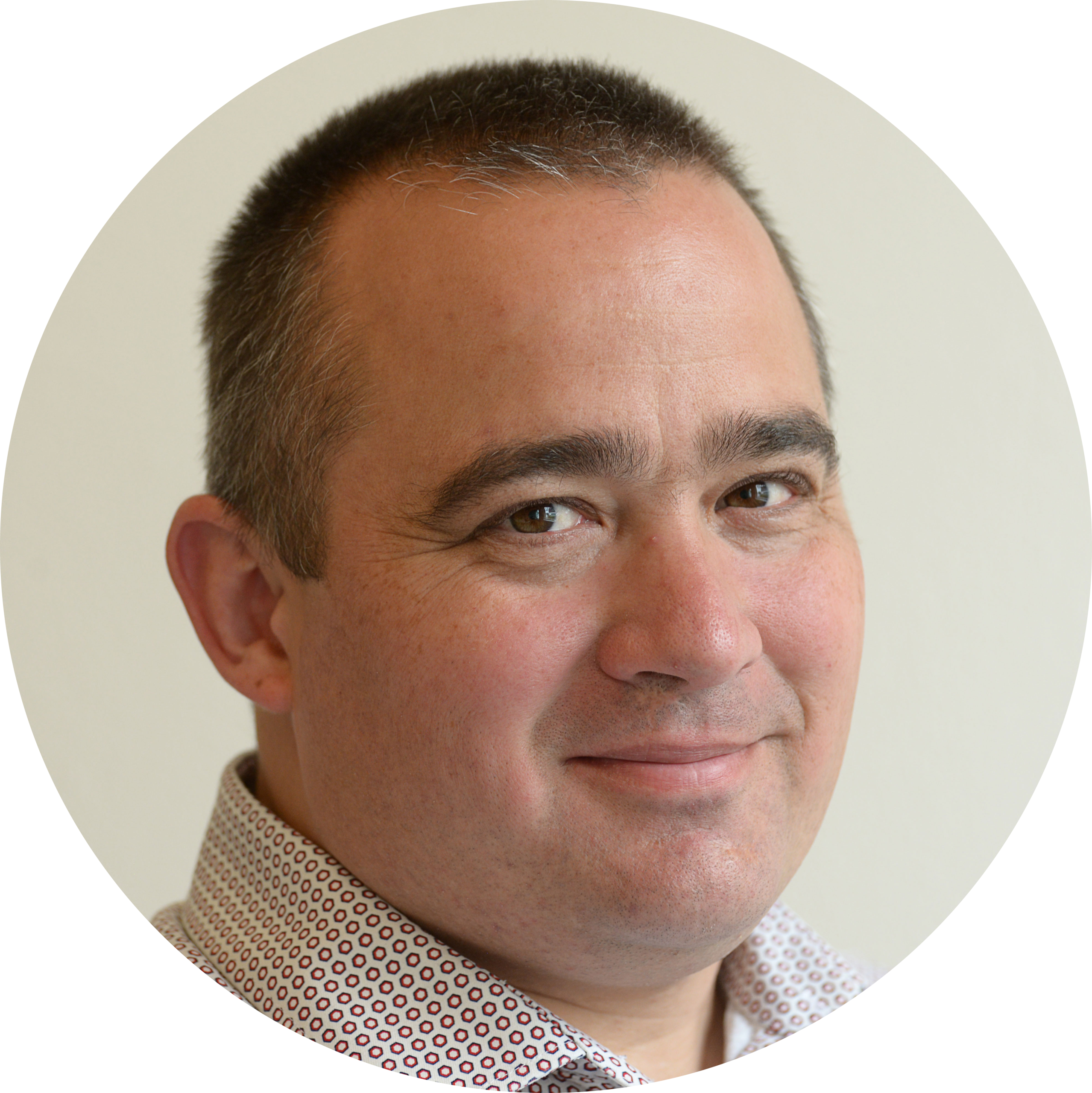
Robert Petersen
Robert Petersen, MA in History and Middle East Studies, PhD in history, is a Special Advisor at the Centre for Biosecurity and Biopreparedness (CBB) in Denmark. He works with open source intelligence, the history of biological weapons and biological warfare as well as regulatory aspects of biosecurity in Denmark.
Disinformation panel
Disinformation related to chemical, biological, radiological, and nuclear (CBRN) weapons poses a serious threat to global nonproliferation, arms control and disarmament (NACD) efforts. It erodes trust among nations, weakens the integrity of disarmament treaties, and undermines international cooperative threat reduction efforts. This panel will present an initiative launched by the G7’s Global Partnership Against the Spread of Weapons and Materials of Mass Destruction (GP), which provides a comprehensive, coordinated, multi-institutional, and multi-disciplinary approach to understanding and countering state-sponsored and state-sponsored disinformation across the CBRN spectrum. Panelists will share recent research findings and insights from workshops that identify effective strategies for detecting and combating disinformation. They will also highlight how policymakers and the diplomatic community can leverage recurring disinformation patterns to build greater resilience against information manipulation.
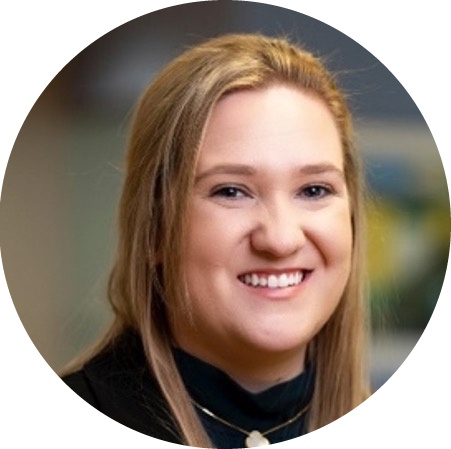
Lucia Mullen
Lucia Mullen is an Associate Scholar at the Johns Hopkins Center for Health Security, an Associate at the Johns Hopkins Bloomberg School of Public Health, and the Integration Lead for the G7-led Global Partnership Initiative on Countering WMD Disinformation. Ms. Mullen has 10 years of experience in Emergency Preparedness and Response, CBRN WMD Nonproliferation, International Security and Public Health Diplomacy and Policy. She has worked at the international, regional and national levels to support and coordinate public health preparedness and response activities, improve national and global health security capacities and strengthen cooperative threat reduction efforts and disarmament norms.
Through her work, Ms. Mullen regularly engages with policy makers, funders, other preparedness and response actors, and decision-makers to advocate for and support diplomacy efforts to strengthen international health and security efforts. Her current projects include leading a multi-institutional and multi-country team to identify, counter and build resilience to CBRN related disinformation threats; identifying best practices for multisectoral coordination during health emergencies, particularly between civilian and military sectors; and working with international organizations, government and non-governmental or academic institutions to create tools and build health system capacity and country resilience to prepare for, detect, respond to and recover from health emergencies, be they natural, accidental or deliberate in origin. Ms. Mullen earned an Emerging Leaders in Biosecurity Initiative (ELBI) fellowship in 2018 through the Johns Hopkins Center for Health Security. She received an MPH in epidemiology with a concentration in global health from the University of Texas Health Science Center in 2017 and a BS in molecular and cell biology from Texas A&M University in 2015. Ms. Mullen is currently completing a PhD with the Public Health and Policy Department of the London School of Hygiene & Tropical Medicine.
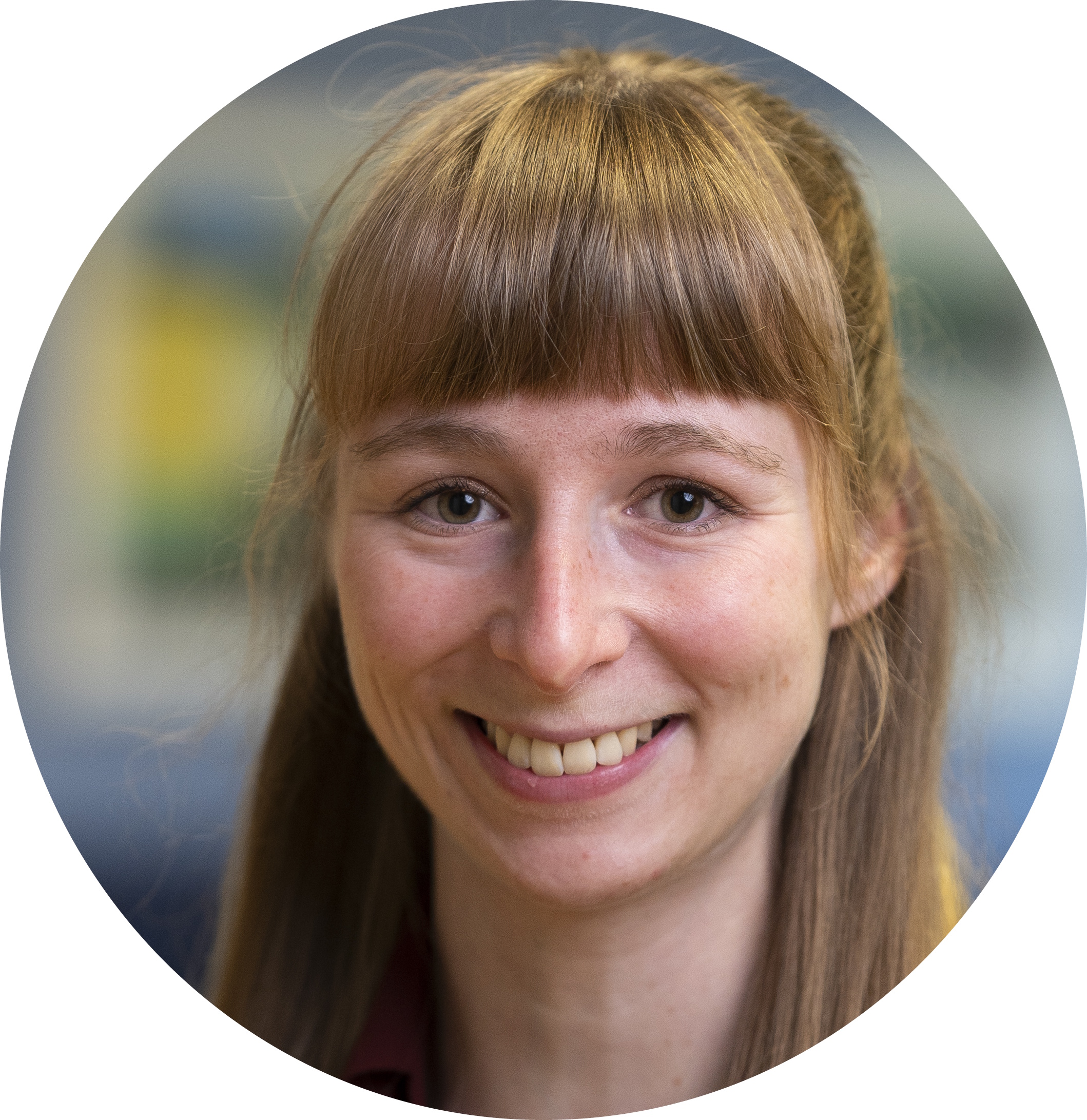
Annie Sundelson
Dr. Sundelson’s academic and professional background allows her to conduct health security research that is grounded in an understanding of the ways in which health, society, and geopolitics intersect. With a BA in Russian Language and Literature, an MSc in Reproductive and Sexual Health Research, and a PhD in Environmental Health and Engineering (with a specialization in Health Security), Dr. Sundelson is equipped with a skillset that facilitates rigorous, multidisciplinary, and policy-driven research. Dr. Sundelson’s PhD dissertation explored the nature and consequences of Russian biological weapons disinformation. Through an in-depth analysis of Russian false allegations at meetings of the Biological Weapons Convention, a systemic characterization of recurring disinformation narratives and tactics in pro-Kremlin news media, and a virtual red teaming simulation exercise, Dr. Sundelson was able to fill critical gaps in knowledge about Russian disinformation and provide evidence-based recommendations to policy makers.
Dr. Sundelson has a strong track record of translating complex research findings into actionable guidance and recommendations in the form of peer-reviewed publications, policy briefs, and presentations. She has presented research findings to scientists, diplomats, and policy makers from all over the world, including at side events to meetings of the Biological Weapons Convention and the UN General Assembly First Committee. Her foreign language proficiency, strong methodological background, and ability to distill complex concepts into easily digestible products allows her to engage with diverse audiences on issues at the intersection of health and security.
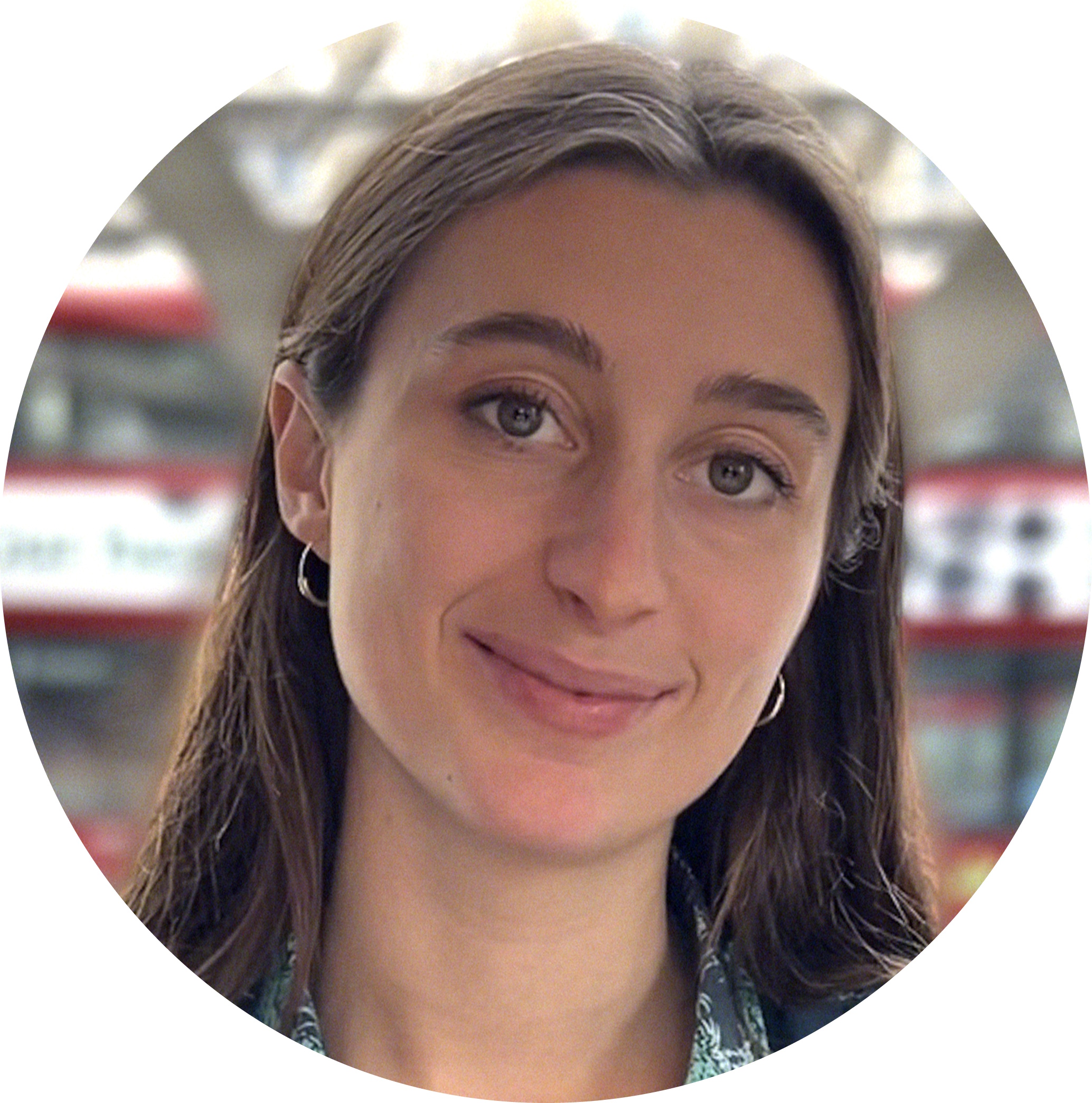
Isabelle Wilson
Isabelle Wilson is a research assistant at King’s College London, working on the Global Partnership Against the Spread of Weapons and Materials of Mass Destruction initiative to counter CBRN disinformation. She is completing her Master’s degree in International Security at King’s, where her research centres on regional strategic disinformation narratives, particularly in the context of chemical and biological security. Isabelle also works for an industry-leading firm that provides bespoke red-teaming and security consultancy to governments and industry.
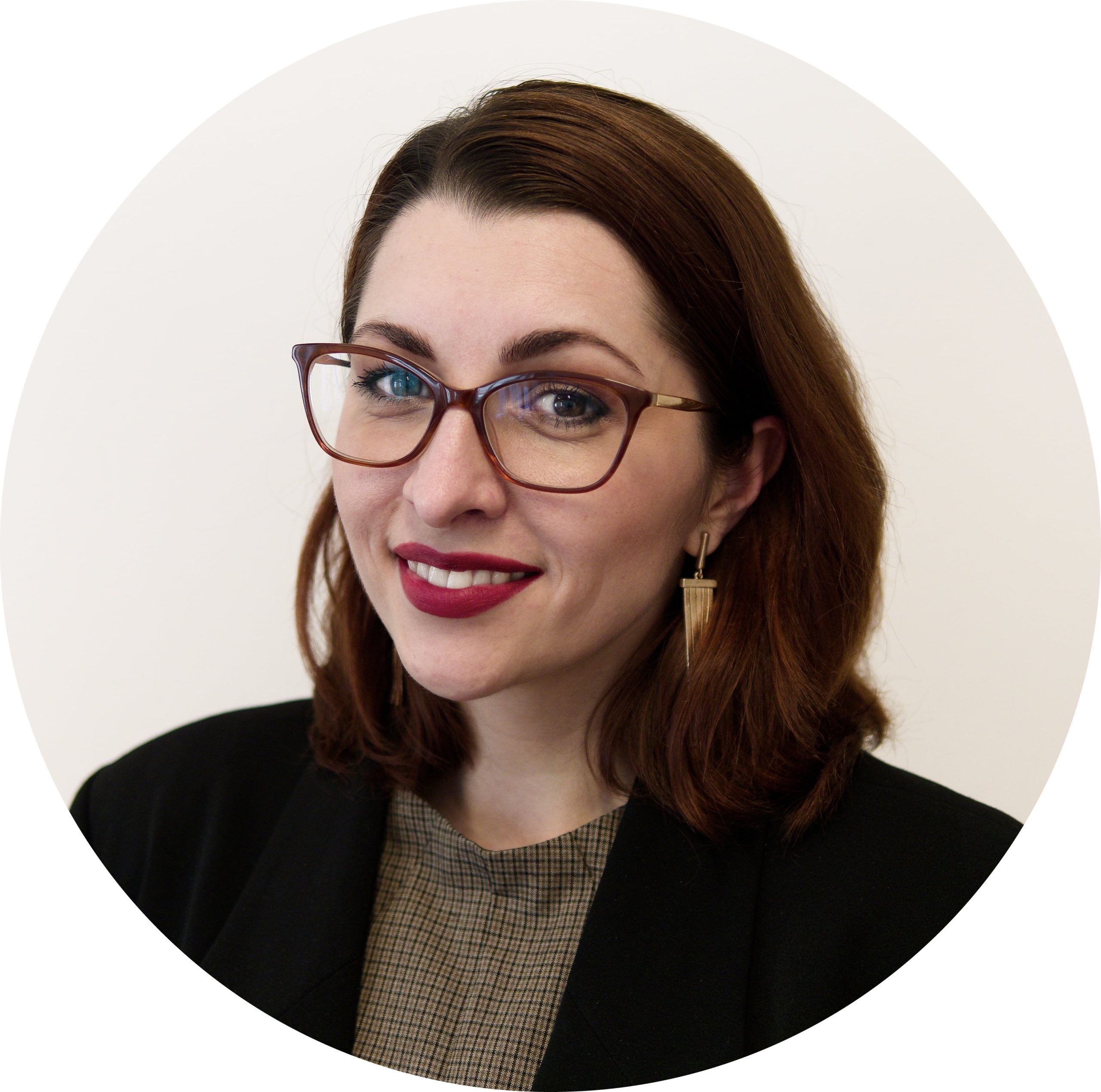
Valeriia Hesse
Valeriia Hesse is a Research Analyst at Open Nuclear Network (ONN). She researches disinformation, focuses on international organisations and regimes in nuclear non-proliferation (with a special attention to the NPT and the IAEA) and analyses Russia’s nuclear policy. Valeriia is obtaining her PhD in international relations, where she explores pragmatic internationalism in nuclear diplomacy at one of the world’s top-rated programmes at Central European University (CEU). Previously, she was a fellow at the Odesa Center for Nonproliferation (OdCNP), a visiting researcher at the James Martin Center for Nonproliferation Studies (CNS), a consultant at Atomic Reporters and the World Institute for Nuclear Security (WINS) and an intern at the International Atomic Energy Agency (IAEA) Department of Safeguards and at Carnegie Endowment for International Peace. Valeriia is a Fulbright scholar and obtained her master’s degree in Nonproliferation and International Security from the University of Georgia (USA). She also has a bachelor’s and a master’s in international relations from Odesa I.I. Mechnykov National University (Ukraine). Hesse is an Annual Meeting Plenary Committee Co-Chair at the Institute for Nuclear Materials Management (INMM) and is a member of Young Generation European Leadership Network (YGLN), Black Sea Women in Nuclear Network (BSWN) and US-Black Sea Nonproliferation Professional Exchange.
Contact
Administration Nordic Congress Tel: +46 90 70 60 38 elisabet@nordiccongress.se
Scientific program FOI symp@foi.se
Important dates
- Registration, early bird, from opening – 31 March 2025
- Registration, normal fee, 1 April - 31 August 2025
- Late registration, 1 September - 12 September 2025
- Abstract submission opens 1 December 2024
- Abstract submission for oral presentation closes 31 March 2025
- Abstract submission for poster presentation closes 30 May 2025

